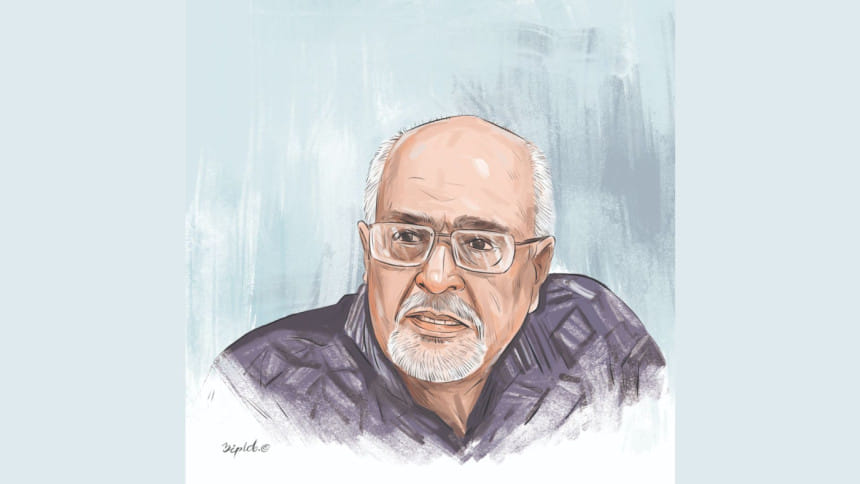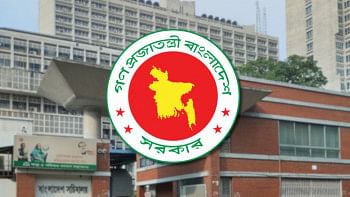Budget missing guidance on economic stability

The proposed budget is missing guidance on macroeconomic stability, reforms in the energy and banking sectors, and enhancement of social protection, a noted economist said yesterday.
Macroeconomic stability is very important in terms of controlling the sustained high inflation that has been hounding low and middle-income groups in Bangladesh for nearly two years.
Besides, it is also crucial for increasing private investment, stabilising foreign debt servicing, maintaining economic growth and creating employment.
"Macroeconomic stability was a big issue but we do not see any relief here. We have not received any guidance on the stability issue," said Debapriya Bhattacharya, the convener of the Citizen's Platform for SDGs, Bangladesh.
He made the remarks at the BRAC Centre in Dhaka while moderating a discussion on the budget and marginalised people, organised by the platform.
Debapriya added that greater social protection was also not assured in the proposed budget.
Moreover, the political commitment to bring massive reforms to the energy, banking and port sectors was also ignored.
"We do not see any clue, relief or assurance in three places, namely stability, social protection and reforms," he said.
Additionally, the budget proposed the whitening of black money by paying only a 15 percent tax while taxing 30 percent on fair income, which is unprecedented.
It also failed to prove the political trustworthiness and neglected to mention the goals of the 8th Five Year Plan, Debapriya added.
Besides, the usual contradiction in allocation and implementation remains a worry.
"What is the strategy and what are the approaches for policy options in the implementation of the budget?" he asked.
Iftekharuzzaman, executive director of Transparency International Bangladesh (TIB), termed the proposed budget 'ambitious' and said it would assist corruption, which stands in contrast with the country's constitution.
The budget will increase discrimination as issues related to marginalised people have not been addressed.
It is a hostile budget for small businesses and is contradictory to the government's political commitments, the TIB chief also said.
While presenting his keynote paper, Towfiqul Islam Khan, senior research fellow at the Centre for Policy Dialogue, said the proposed budget failed to acknowledge the growing foreign debt pressure.
He also highlighted a lack of clarity, saying that while the projection for the principal repayment of foreign debt for FY25 is estimated to be $2.6 billion, the proposed budget allocation is much higher at $3.2 billion.
In FY20, the figure was just $1.3 billion, he added.
In FY23, the government had to borrow Tk 25,584 crore to make principal payments for foreign loans, according to the keynote paper.
M Masrur Reaz, chairman of Policy Exchange Bangladesh, said issues like export competitiveness, such as spending to improve compliance and thereby increase exports to major destinations in the European Union, and renewable energy have also gone unaddressed.

 For all latest news, follow The Daily Star's Google News channel.
For all latest news, follow The Daily Star's Google News channel. 



Comments